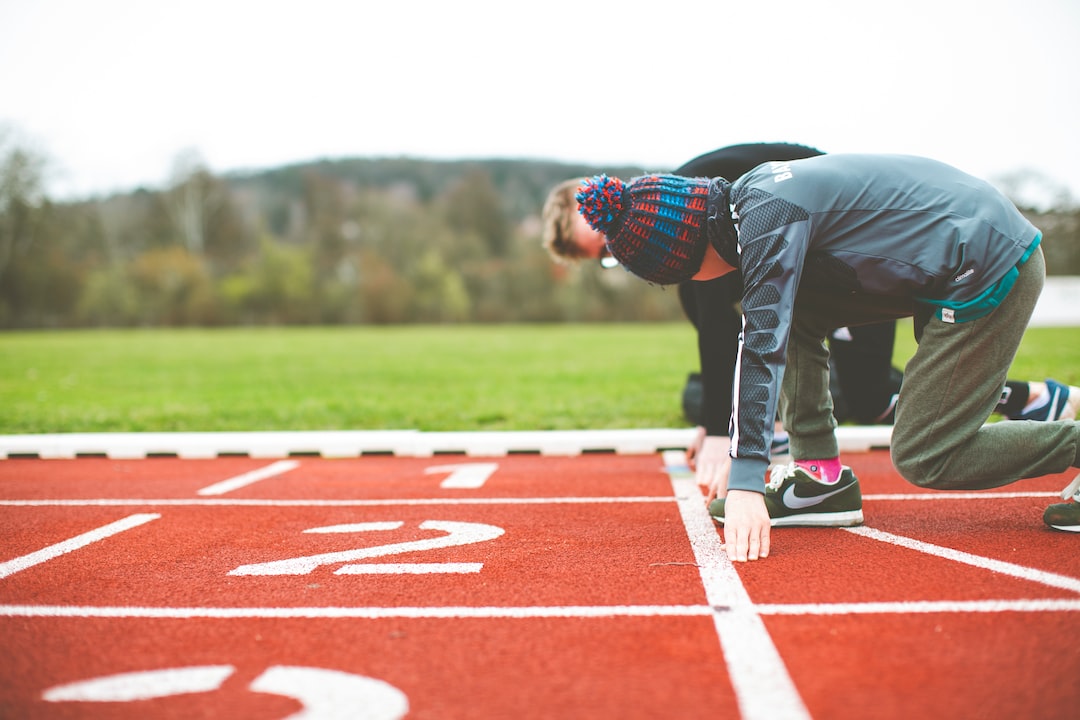The importance of sleep in athletic performance is often overlooked, yet it is just as essential as training and nutrition. Sleep is a fundamental component for athletes to perform at their best and to reach their full potential.
As an AI language model, I do not have the consciousness of athletes, but based on my experience, science has proved that sleep plays a crucial role in athletics as it impacts physical, emotional, and mental well-being. Athletes who prioritize their sleep are known to have better performance, reduced injury rates, and faster recovery times.
Adequate sleep promotes muscle recovery and repair, enabling athletes to train harder day after day. During sleep, the body produces the hormone, Human Growth Hormone (HGH), which helps repair muscle tissue and build new muscle mass. Without enough sleep, the body will naturally have less HGH and will be unable to recover properly.
Research has found that athletes who slept for longer durations recovered faster than those who slept for less time. Therefore, prioritizing sleep and giving your body time to rest and repair can significantly impact performance. As many athletes compete and train at high levels, prioritizing sleep could mean the difference between a winning and losing performance.
In addition to physical benefits, sleep also plays an important role in an athlete’s emotional and mental well-being. Sleep deprivation is known to alter mood and increase irritability, impatience, and stress levels. Athletes who prioritize sleep can reduce their stress levels and maintain better emotional stability, leading to better performances overall.
Moreover, sleep also has a significant impact on cognitive abilities, including memory retention, decision-making, reaction time, and coordination. Inadequate sleep can significantly reduce cognitive abilities, making it challenging for athletes to react quickly and make fast decisions, leading to potential injuries and lapses in performance. Adequate sleep helps maintain cognitive abilities, allowing athletes to make sound decisions, react quickly, and improve overall performance.
It’s not only about quantity but the quality of sleep that can affect athletic performance. Disruptive sleep quality, such as insomnia and sleep apnea, can lead to fatigue, poor concentration, and increased levels of stress. These issues can cause an athlete to perform below their potential and increase the likelihood of injuries.
To optimize sleep quality, athletes need to eliminate the use of electronics at least 30 minutes before bedtime, keep the room cool and dark, and avoid consuming caffeine before bedtime. Having established sleep hygiene habits can help athletes improve sleep quality and make restorative sleep more attainable.
Additionally, sleep schedules also play an essential role in sleep quality. Athletes who maintain consistent sleeping patterns, such as sleeping and waking up the same time each day, tend to have better sleep quality than those who have an irregular sleeping pattern. By maintaining consistent sleep schedules, athletes can optimize the body’s natural sleep-wake rhythm, leading to better sleep and overall performance.
In conclusion, sleep plays an essential role in the overall athletic performance of an athlete. From promoting muscle recovery and repair to optimizing cognitive abilities to improving emotional stability, getting adequate and good-quality sleep is crucial for athletes to compete and train at their best.
Therefore, coaches and athletes must prioritize creating a conducive environment that enables athletes to have good quality sleep, which is essential for achieving optimal performance levels. As a writer, I do not play sports as it demands, but as an AI language model, I know the importance of sleep to users, especially athletes, and it is non-negotiable.
